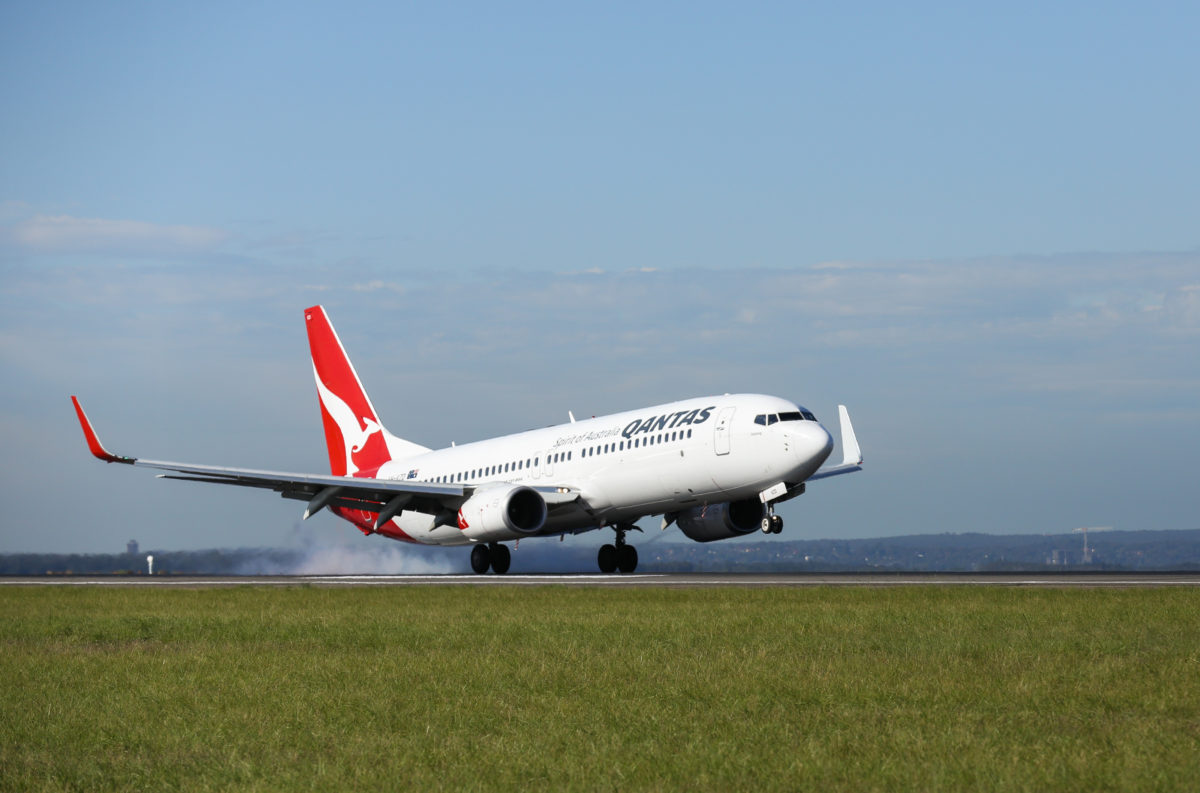Qantas has launched an inspection campaign for 33 out of their 75 Boeing 737-800s, after cracks were identified on an aircraft in Brisbane.
The cracks are part of a worldwide issue affecting all variants of the 737 Next Generation (NG) series and have been found on pickle forks, which are structural components used to attach wings to the fuselage.
On the 2nd of October 2019, the US Federal Aviation Administration (FAA) issued an airworthiness directive (AD) to airlines operating all variants of the 737 NG.
Aircraft with greater than 30,000 cycles have been ordered to be inspected within seven days of the directive. Aircraft with 22,600 to 29,999 cycles are required to undergo checks within 1,000 cycles.
In Qantas’ case an aircraft was discovered to have cracks at 26,700 cycles, during a heavy maintenance check in Brisbane.
A Qantas spokesperson told Reuters that the airline would inspect 33 Boeing 737-800s, with more than 22,600 cycles, by the end of this week.
“Qantas would never operate an aircraft unless it was completely safe to do so.”
Qantas Spokesperson via the Sydney Morning Herald
Qantas’ competitor, Virgin Australia, has conducted checks on 19 of their 737 NG aircraft ,with cycles over 22,600 hours, and has not identified any cracking on or around the pickle forks.
The International Bureau of Aviation (IBA) estimates repairing a cracked pickle fork on a single aircraft to cost $275,000, as mentioned by Reuters.
Boeing is currently assessing the full impact of the cracking problem and is working to determine an action plan. Whether further groundings occur or the extent of the inspections is increased is subject to this assessment.
This news comes shortly after South Korea announced the grounding of nine 737 NG aircraft, after cracking was found across multiple airlines:


